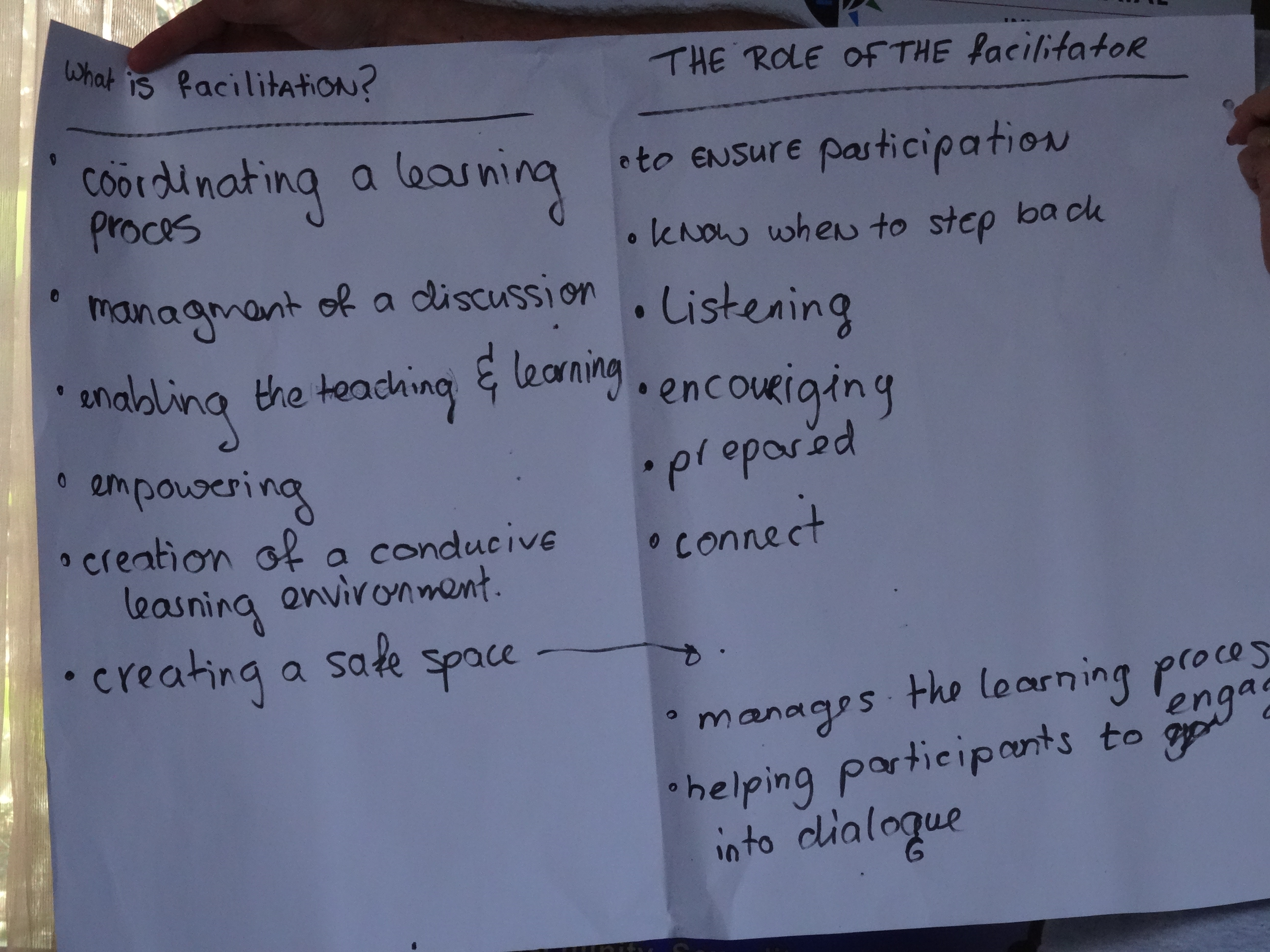The Ujamaa Centre is committed to analyzing and dismantling these systems and the power relations that undergird them.
While our primary commitment is to engage with the inequalities we find in our own country, a country that has one of the largest gaps between the rich and the poor in the world, we recognize too that South Africa is uniquely positioned in the continent of Africa. Its relatively good infrastructure and range of resources offers the potential of serving other countries in our region specifically and on the continent generally. Our government recognizes this and generally plays an enabling role in the region and continent. However, the private sector (often with government support) tends to use South Africa’s advantages in exploitative ways in other African countries. The Ujamaa Centre, for its part, is committed to offering its resources to our brothers and sisters in the region and further to the north of us in the continent and to addressing the economic colonialism of South African business.
In order to tackle oppressive systems and the power relations that sustain them, the Ujamaa Centre begins with social analysis "from below". In other words, we begin with an understanding of reality from the perspective of those who are poor, working-class, HIV-positive, unemployed, abused or otherwise oppressed and marginalized. This is an important and fundamental starting point.
Secondly, the Ujamaa Centre then works collaboratively with local communities and churches to address their social analysis. We give priority to organized groups within local communities and churches because they have the capacity "to own" the project. However, if there are no organized groups, we will offer our support in order to assist local communities in setting up organized structures. This we have done, for example, in the formation of the Siyaphila Support Groups among those who are HIV-positive.
Third, the Ujamaa Centre uses the See-Judge-Act method (derived from the worker-priest movement in Belgium and the pedagogical work of Paulo Freire) and Contextual Bible Study as a basic resource to enable the voice of the group we are working with to be heard. Our role is to be facilitators of the voices of others. Alongside the emerging voice of the poor, the working-class, and the marginalized, the Ujamaa Centre shares its own inputs and then networks the particular group with additional appropriate resources from other agencies, whether governmental or non-governmental.
Fourth, together with particular local communities and churches various forms of action are planned. Every Ujamaa Centre workshop ends with an Action Plan. The Action Plan is always the product of the particular community with which we work, and must be owned by them. However, we support them and work with them in a whole range of strategic activities, including advocacy and lobbying, organizational and/or structural change, capacity building, etc.
1. Community, Community is the beginning and goal of CBS; Community is the fabric of CBS; The communities of the organised poor, working-class, and other marginalised groups are the starting point and the primary ‘reality’ of CBS; Community is also the primary ‘objective’ of CBS, as CBS contributes towards the formation of redemptive communities, full of dignity and abundant life for all.
2. Critical, CBS facilitates a ‘critical’ (structured and systemic) analysis of all aspects of life; Specifically, CBS critically analyses the self, society, and the biblical text, using a range of structured and systemic questions; CBS constructs a critical dialogue between a critical reading of life and a critical reading of the Bible.
3. Collaboration, CBS is located within collaborative work and collaborative biblical interpretation among organised communities of the poor, working-class, and marginalised, organic intellectuals from these sectors, and socially engaged (‘converted’) biblical scholars and theologians; Collaboration begins with actual work in local struggles; Collaboration then goes on to include collaborative biblical interpretation and a collaborative ‘doing’ of theology, moving from embodied theology to people’s theology to prophetic theology.
4. Change, CBS uses the Bible as a substantive and ‘subjective’ companion to work for transformation; Transformation includes transformation of the self and society, including the church (and the religious terrain in general); The primary focus of transformation is the structural and systemic, and the primary terrain for transformation is the ideo-theological.
5. Context, CBS is embedded in the many ‘layers’ of context, focussing on the systemic-structural ‘dimensions’ of reality; CBS recognises that the self, society, and the biblical text are products of these layers or dimensions of context; Specifically, CBS offers resources to analyse the economic, cultural, political, and religious layers or dimensions of context; CBS recognises that context is dynamic, that it changes.
6. Contestation, CBS works with ‘struggle’ as a key socio-theological concept; CBS recognises that struggle is a key characteristic of reality, and so CBS takes sides with the God of life against the idols of death; For CBS the primary ‘terrain’ of struggle is the ideological and theological; CBS recognises that the Bible is itself contested, including biblical theologies that bring life and biblical theologies that bring death; CBS ‘wrestles’ with the biblical text to bring forth life.


Photos: Workshop for all the Ujamaa associates at Solt Rock, 2015. What is facilitation and what is the role of the facilitator?